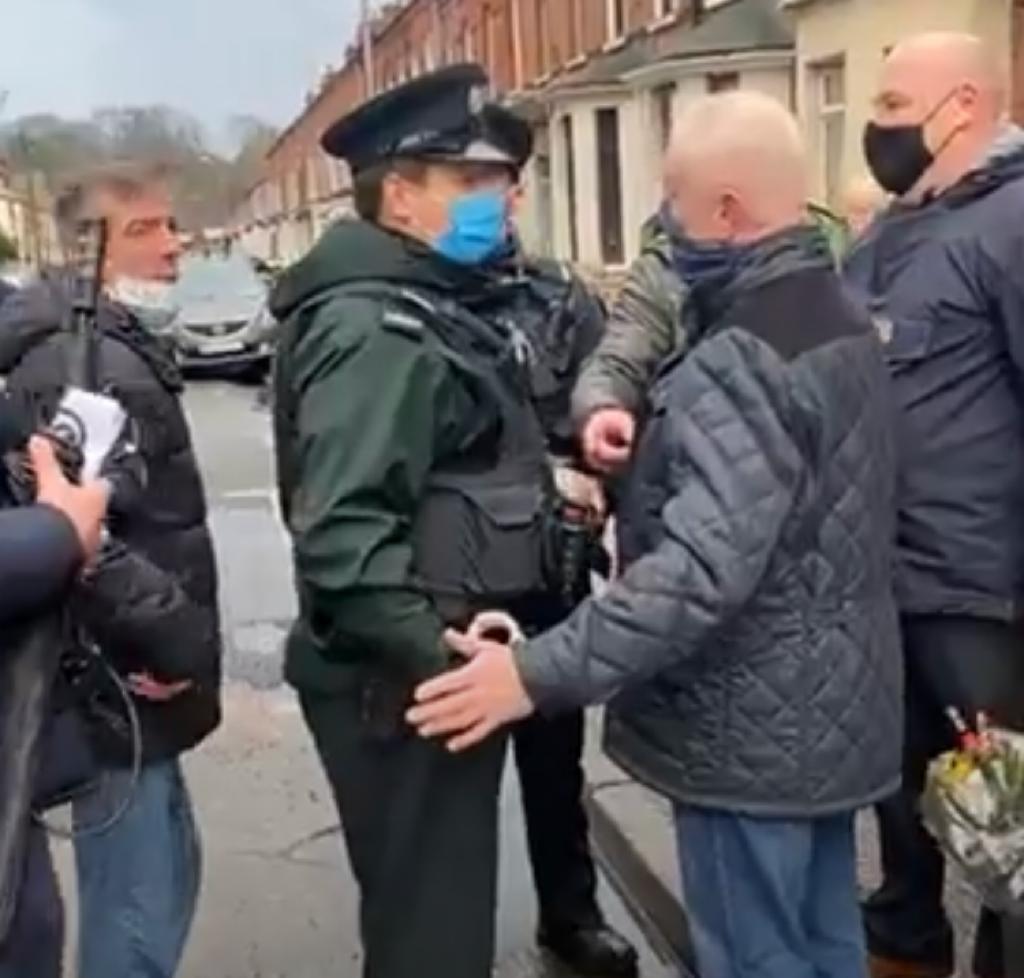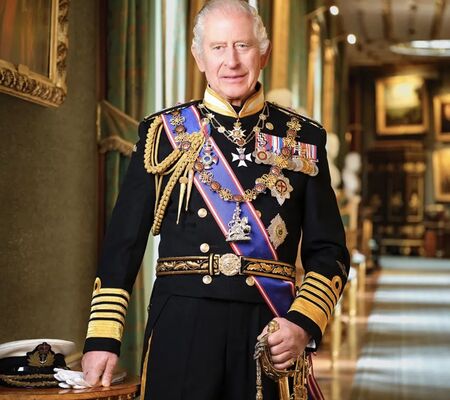WHEN the Good Friday Agreement was signed 25 years ago the commitment to a new beginning on policing was one of the heavy sells of the heavy compromise. It was a fundamental indicator that this agreement was significant and that there could be no return to the conditions which had fostered inevitable conflict.
The Patten Report, produced with breathtaking speed, was potentially groundbreaking. Its complex structures of accountability and transparency said that the days of a police force 98 per cent Protestant and 100 per cent unionist were over. But then the Whitehall mice got at it.
It would not be until 2007 that this community conditionally engaged with the PSNI. By then parts of Patten had been hollowed out and the St Andrews Agreement had entrenched the role of Military Intelligence.
The Patten Report did not say why policing change was needed. The report references mildly something about the RUC not attracting cross-community support. This meant that the changes were framed as a cross-community and modernising exercise, rather than what it was – utterly changing one of the arms of militarised warfare during our conflict, where half of the community were treated as potential suspects, and those concerned with human rights abuses were “fellow travelers” of said suspects. The militarised RUC used tactics of cover-up, collusion, torture and direct murder. Not every member or branch of the RUC was involved, but at its most senior and resourced levels the evidence is clear. That this was not named meant the hollowing-outs were possible.
In this Good Friday Agreement anniversary year there have been many gaps in the debates. Such is the state of local governance failure and the impact of Brexit that the energy is sapped from all linked and necessary conversations. The debate on where we are with the pseudo-RUC/PSNI is one such conversation.
That the PSNI is increasingly losing the tacit goodwill of the CNR, BME and human rights communities is reflected in recruitment. We need young people of moral duty and courage to work with us to keep us safe, too many feel that the compromise would be too heavy in a PSNI which associates its psyche and ideology with the RUC.
United Kingdom: Secret Inquiry into Alleged Surveillance of Journalists @trevorbirney and Barry McCaffrey
— Council of Europe Media Freedom (@CoEMediaFreedom) July 27, 2023
Find out more 👉 https://t.co/Qq9U4Pjy8p
Alert submitted by @pressfreedom, @EFJEUROPE & @IFJGlobal #EuropeForFreeMedia pic.twitter.com/7YfzixMW7N
The PSNI is the RUC when it comes to dealing with the past. This was the great opportunity to break with the past and build confidence. They did the opposite. Daily they treat families, courts and the Police Ombudsman with scorn, denying disclosures or cooperation. The despicable treatment of the Ormeau Road families in daylight in 2021 spoke to that contempt.
This time last year we reeled as we learned of PSNI officers photographing themselves with dead Catholic suicide victims. It took journalist Mandy McAuley to make this horror public as the multiple and complex offices of seeming accountability failed.
This week we find out they tapped the phone of respected journalist Barry McCaffrey as he investigated multi-million-pound corruption deals. Uncoincidentally, the PSNI would later arrest him with Trevor Birney when they were reporting on RUC collusion in the 1994 UVF Loughinisland killings.
Few of us think these are isolated incidents.
It’s time for a rethink on what keeps us safe. Last year RFJ CEO Mark Thompson called for a Patten Commission Mark II – it made sense then and makes even more sense now. Or do we need more crises and people harmed first?








